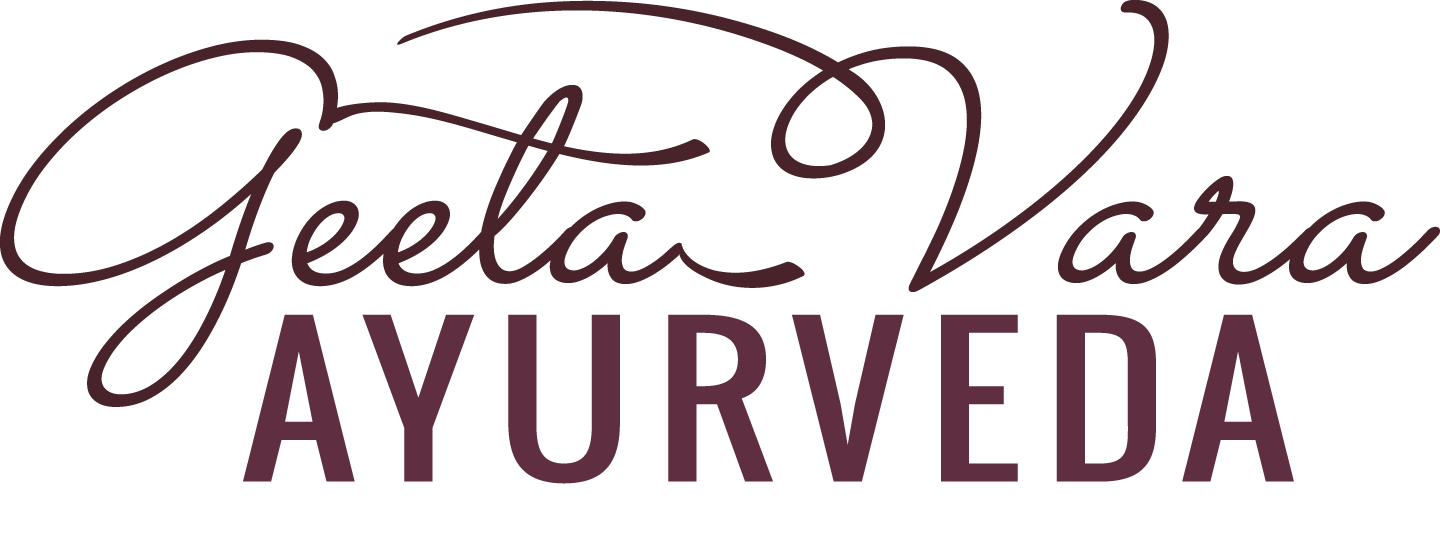Milk – to boil or not to boil
/With so much questioning around the subject of milk, whether it’s good for you, if the alternatives are more digestible, are most people lactose intolerant etc etc. There is no doubt there is confusion. Here is the Ayurvedic perspective. Cows milk is considered to be the best and a complete food, providing unique nutrition with ‘saatvic’ qualities when it is digested properly, nourishing the body tissues, balancing the doshas and promoting emotional balance and ojas (a refined substance providing strength, immunity and contentment). With such nourishing properties why would we want to exclude milk from our diet?
Western research has found milk harmful largely due to their mode of intake. When milk is taken cold, unspiced, homogenized, combined with unsuitable foods and in excess, health concerns will prevail. The secret to milk as a healthy food lies in the way it is prepared and consumed.
First is it advisable to choose organic milk which does not contain hormones that are fed to cows to increase milk production. Traditionally, ayurveda recommends milk to be taken raw (not homogenized or pasteurised). In order to digest milk properly it should be brought to the boil for at least 5 minutes. The process of boiling changes the molecular structure of the milk, breaking down the milk proteins into digestible amino acids ensuring that it easier and lighter to digest, taken with spices such as cinnamon, cardamom, ginger, black pepper, turmeric can help reduce the accumulation of phlegm for kapha types and its cooling properties.
So we may argue that pasteurisation cleanses milk of bacteria, therefore it has already been ‘treated with heat’. However, it’s worth noting that the process does make the milk more digestible. The process of pasteurising is a treatment of milk to the temperature of 71.7 °C (161 °F) for 15–20 seconds which assists in the partial breakdown of milk proteins, making them very difficult to digest for the human system.
Furthermore, homogenization only serves to make it easier to pack, store and retail, benefiting only the organizations that want to make profit by retailing milk, and clearly overlooking the health issues. It is no wonder that there are so many complaints of milk intolerance and the switch to alternatives.
However it is safe to say that the cow’s milk whose virtues were praised by the ancient ayurvedic seers, is not the same milk that we are getting to consume today, so it will not have the same properties. We can do our level best to make informed choices to consume organic milk and undertake the process of boiling so we can still digest and get the best of what is available without having to substitute. Ayurveda also recommends goats milk, since it is less mucus forming and easier to digest than cow’s milk.
Milk should not be taken with incompatible foods such as fish, meat, fruits, foods that are sour, bitter, salty and astringent which can cause the build up of harmful toxins. Milk can however be taken with sweet tasting foods such as rice, dates and almonds. Boiled milk at night with spices can be a fantastic aid to sleep. Why not try the Geeta Vara Ayurveda ‘goodnight milk blend’.

